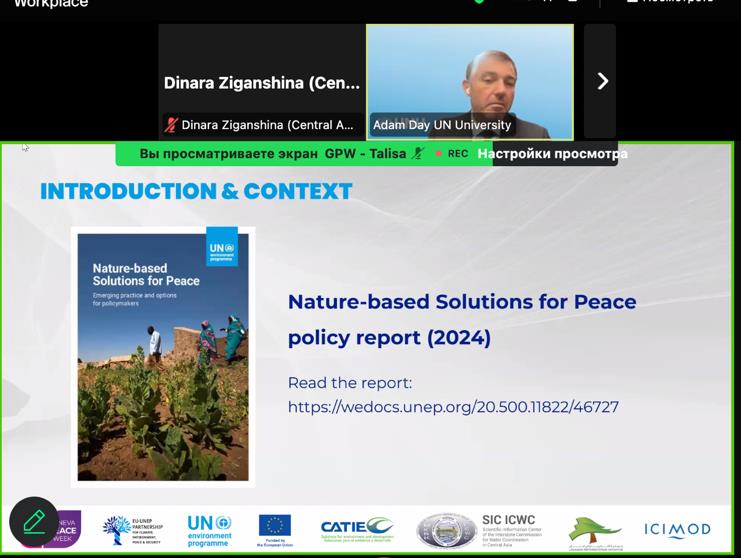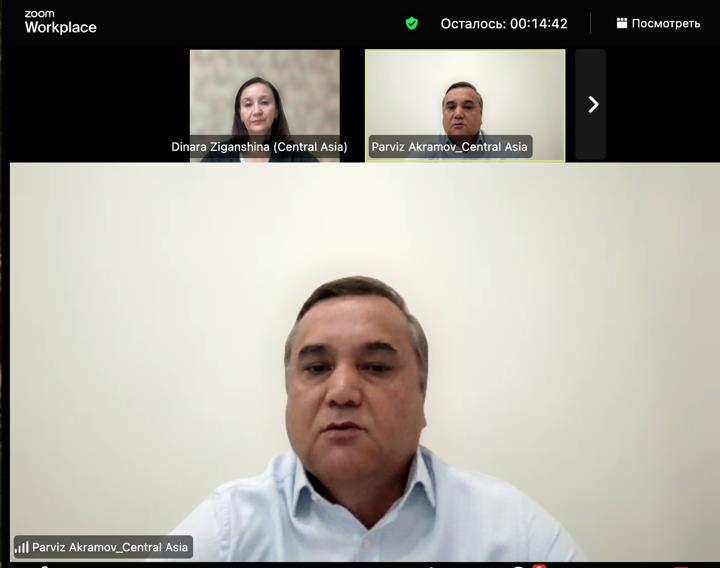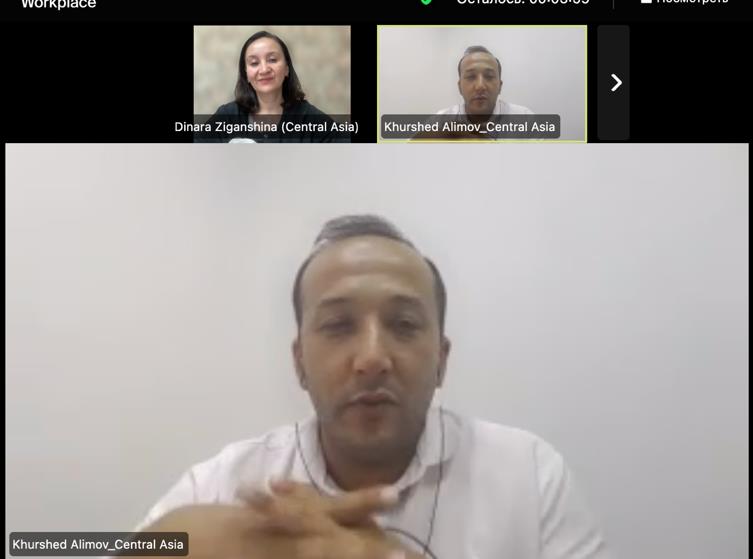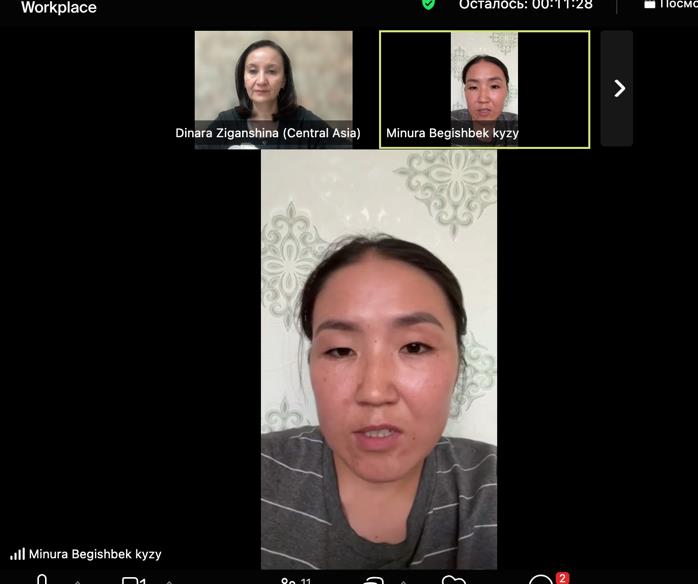No. 94 (618) October 2025
Local actions on water and climate in the heart of discussions during 2025 Geneva Peace Week: the case study of the Fergana Valley demonstrates the power of regional cooperation
An online session dedicated to the critical role of local communities in addressing challenges at the interface of water, climate and security was held as part of 2025 Geneva Peace Week. The workshop “Locally led action on climate, peace, and stability experiences from Latin America, the Middle East, Central and South Asia” organized by the United Nations Environmental Programme (UNEP) jointly with partners showed that while climate change is a global issue, effective solutions must be grounded in local contexts.
Fittingly, this discussion took place in parallel with the inaugural meeting of the Fergana Peace Forum — a new platform for dialogue and joint initiatives in the heart of Central Asia. The coincidence underscored the growing momentum of regional cooperation between Kyrgyzstan, Uzbekistan, and Tajikistan amid shared climate challenges.
The workshop was organized in the form of interactive exchanges in four regional groups: Latin America, Middle East, Central and South Asia. The participants from these regions shared their unique experience and lessons learned in addressing climate-related threats to peace and stability at the local level.


During the session on Central Asia, particular attention was paid to the situation in the Fergana Valley — a densely populated region home to more than 17 million people. Here, climate change and water scarcity are compounded by a complex system of borders and a shared network of irrigation canals. Glacial melt and population growth pose serious challenges to agriculture and livelihoods, potentially intensifying local competition over resources.
However, as noted during the discussion, these challenges are increasingly being met with deeper cross-border cooperation grounded in trust and good neighborliness. Initiatives such as the Fergana Peace Forum and its “Unity Day” clearly demonstrate the countries’ commitment to jointly managing shared resources, fostering trade, and strengthening peacebuilding at the local level.


In this context, the EU, UNEP, and SIC ICWC partnership on climate, environment, peace, and security aims to enhance the capacity of local actors. The project’s approach focuses on supporting civil society, youth groups, and local authorities in conducting climate–security risk assessments and implementing adaptation plans through nature-based solutions.
The key takeaway from the Fergana Valley is that investing in local capacity, water-saving technologies, nature-based solutions, and inclusive participation offers the most effective path toward a climate-resilient and peaceful future. Participants of the session agreed that strengthening regional cooperation — as seen among Kyrgyzstan, Uzbekistan, and Tajikistan — and supporting community initiatives are essential to addressing the interconnected challenges of climate change and peace.
The workshop concluded with a joint session where moderators from the regional groups presented the key insights from their discussions. This allowed participants to gain a comprehensive understanding of both global and regional dimensions of the issue and to identify ways to scale up successful practices. The event marked an important step in reinforcing global cooperation and supporting local communities on the front lines of the climate crisis.
More details on Geneva Peace Week